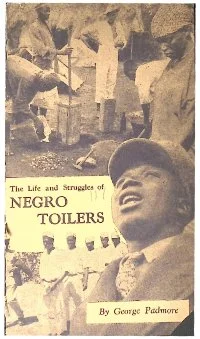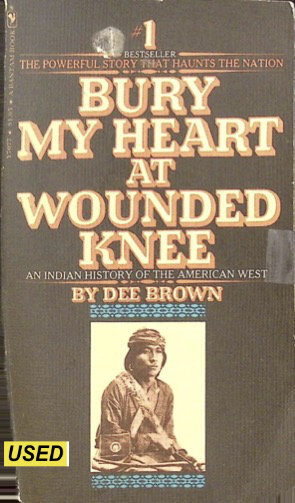BY GEORGE PADMORE
The document details the severe exploitation and oppression of Negro workers across various regions, including British, French, Belgian, Portuguese, Spanish, and Italian Africa. It discusses the conditions of black slaves in the United States, the West Indies, and Latin America, highlighting the brutal realities of slavery and its lasting impacts. The book describes the awakening and revolutionary movements among Negro workers in different regions, emphasizing their struggles for freedom and better living conditions, and outlines the role of imperialist powers in exploiting Negro workers and the economic and social challenges faced by these communities under imperialist rule.
R.I.L.U. Magazine for the International Union Committee of Negro Workers London, 1931. 125p.





















